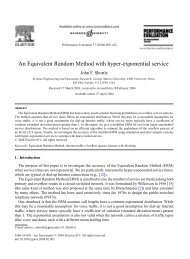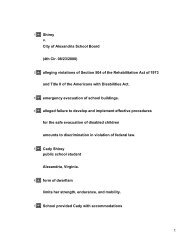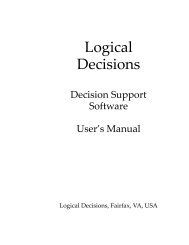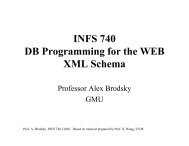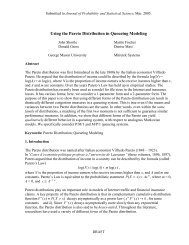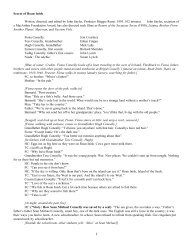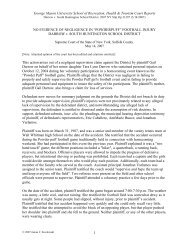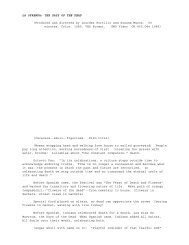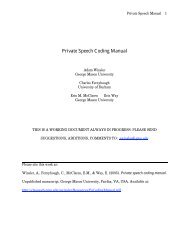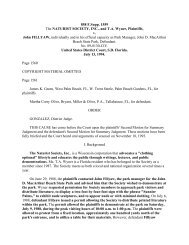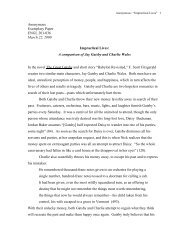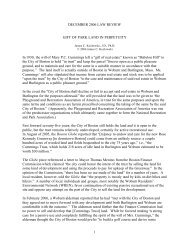AFTER VIOLENCE: 3R, RECONSTRUCTION, RECONCILIATION ...
AFTER VIOLENCE: 3R, RECONSTRUCTION, RECONCILIATION ...
AFTER VIOLENCE: 3R, RECONSTRUCTION, RECONCILIATION ...
Create successful ePaper yourself
Turn your PDF publications into a flip-book with our unique Google optimized e-Paper software.
war. The working class British (US, French) soldiers beating them<br />
were traumatized by class society. But does it make sense to say<br />
that the British (US, French) upper classes were traumatized?<br />
Probably not, which is why their justification for violence has a<br />
more moral touch, like baptizing the pagans, civilizing the<br />
savages, making the world safe for democracy, the war to end wars,<br />
"in the name of human rights", etc.<br />
35. An obvious example may be what happened to the revolutionary<br />
courts after the French revolution, and their imitation in the<br />
Russian revolution. For an image of the French courts it is hard<br />
to beat the two famous novels, Charles Dickens' A Tale of Two<br />
Cities (actually a comparative study of Paris/France and<br />
London/England and why there was a revolution in one and not the<br />
other) and Anatole France's Les dieux ont soif.<br />
36. George Bernard Shaw.<br />
37. Again, we are talking about the objective, existential guilt,<br />
not about the awareness of guilt.<br />
38. That function cannot be multiplicative; that would mean no<br />
guilt if there is no intent, nor any irreversibility in the harm.<br />
39. Basically the guilt is related to the harm, and aggravated by<br />
intent and irreversibility. But with either or both of the latter<br />
zero there is still guilt, existentially speaking.<br />
40. One hypothesis would be that anti-semitism never was in<br />
Italian culture (a sense of historical mission being the cradle of<br />
both the Roman Empire and the Renaissance was); and was rejected<br />
like any governmental initiative with no resonance in popular<br />
sentiment. Kuttner, in History's Trickiest Questions, New York:<br />
Holt, 1990) makes the point that whereas 95% of German Jews were<br />
112



